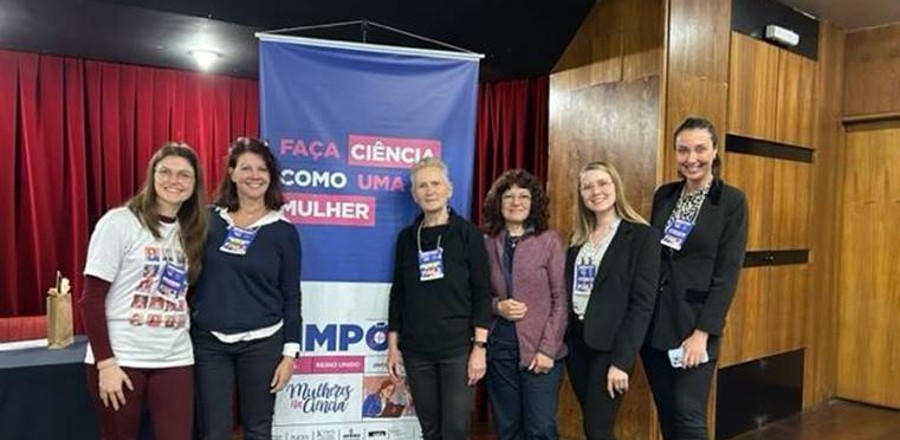Breaking barriers: Brazil-UK Women in Science Symposium unites for equality

The first Brazilian-United Kingdom Symposium on Women in Science took place last week at the Universidade Federal do Rio Grande do Sul in Porto Alegre, Brazil.
The event brought together three UK universities (King’s College London, University College London, and Glasgow Caledonian University) and four Brazilian universities (Universidade Federal do Rio Grande do Sul, Pontifícia Universidade Católica do Rio Grande do Sul, Universidade Feevale, and Universidade Federal de Pelotas) through the Gender Equality Brazil-UK partnership, funded by the British Council's Women in Science Project.
The symposium featured 24 speakers from various international institutions, addressing topics such as achieving success and developing leadership, addressing unconscious bias in gender equality, and implementing gender action plans in higher education. The British Council Framework for Gender Equality in Higher Education was also presented.
The event covered a total of seven sessions, all focusing on the presence, challenges, and opportunities of women in academia and the workplace. Participants from various Brazilian cities actively engaged in discussions during each session.
Glasgow Caledonian’s Professor Patricia Munoz-Escalona expressed the privilege of working toward gender equality with a group of dedicated women.
She said: “This symposium allowed sharing knowledge, challenges and actions. An opportunity for networking and starting conversations for future collaborations.”
Juliane Borba Minotto, involved in event organization and the Women in Science project at UFRGS, underscored the importance of discussing equality issues and providing visibility to gender and race discrimination within universities.
She said: “The event provided us with a space to share experiences, discuss our challenges, and think together about possible solutions. We hope participants can share what they have learned here with their communities and that new collaborations arise from this experience.”
For more information about the project, visit: https://www.pucrs.br/womeninscience/news/
